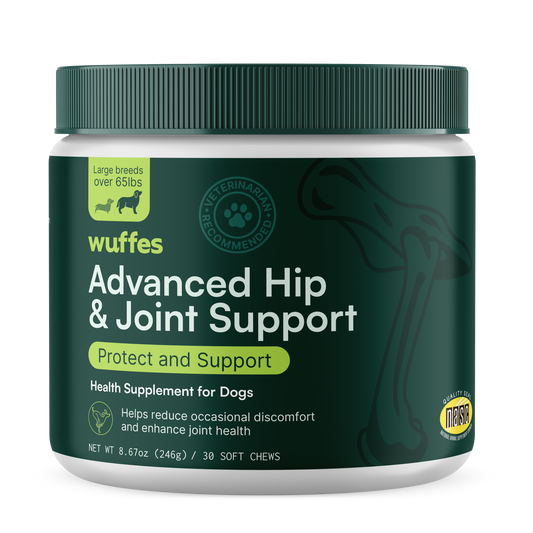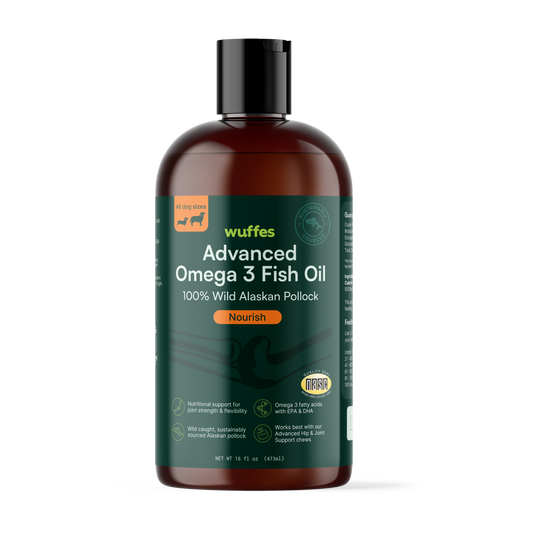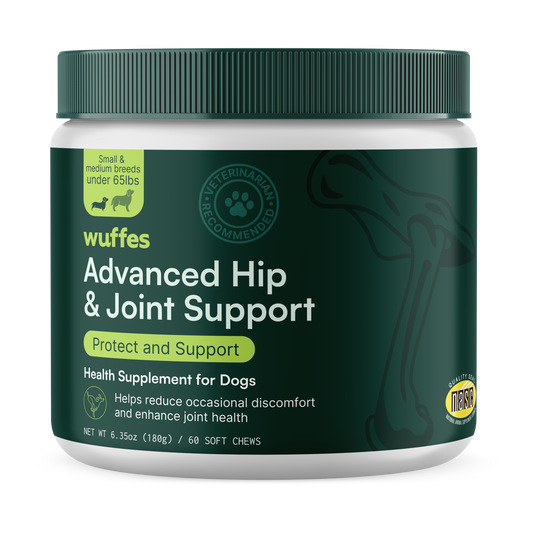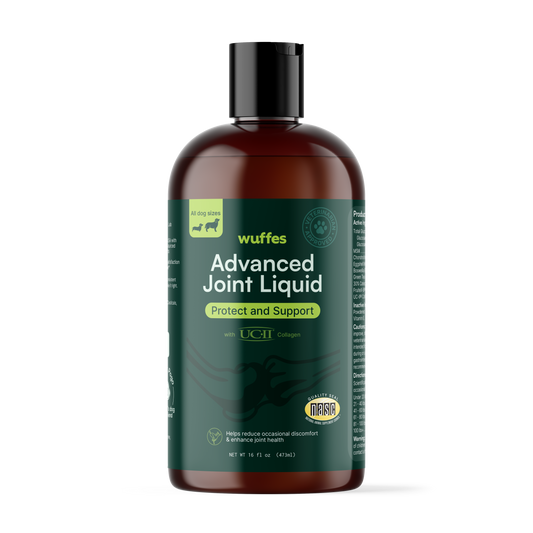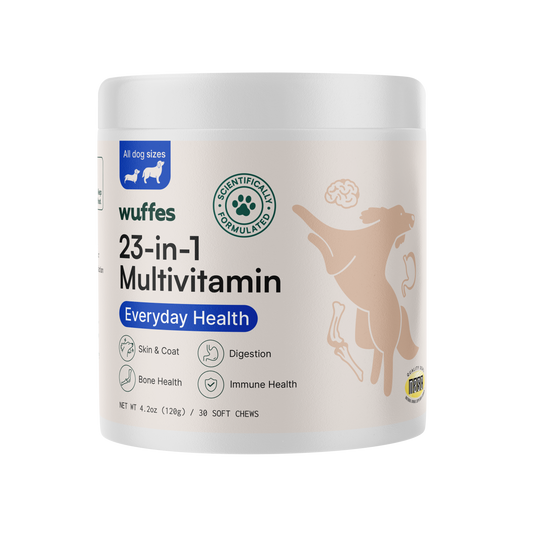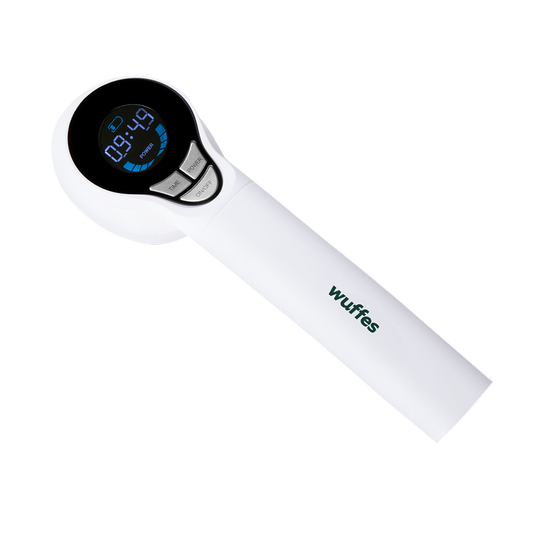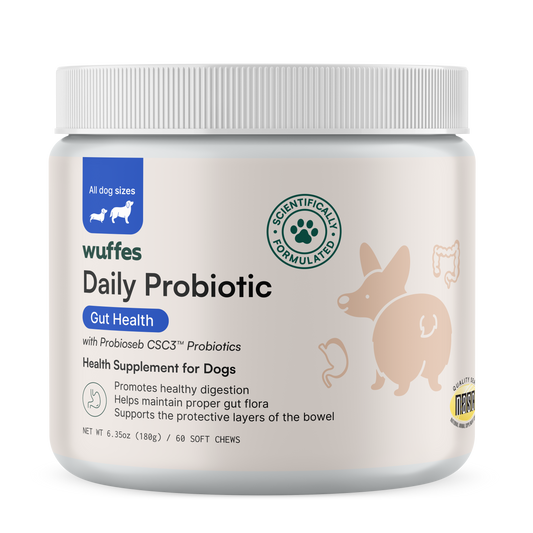Stomach aches are among the most common ailments in dogs, with nearly all dogs experiencing them at some point. However, just because it’s common doesn’t mean it should be overlooked. An upset stomach can be a precursor to more serious health issues and, if left untreated, may lead to further complications. The good news is that the right multivitamins and supplements can help reduce the risk of stomach discomfort for your pet.
What causes a dog's stomach ache?
The primary cause of an upset stomach in dogs is often related to food. Dogs may eat too much or consume the wrong types of food, which can trigger digestive complications.
Acid reflux is another culprit, occurring when the stomach produces excessive acid to digest certain foods. This can lead to a burning sensation in the stomach and, if unresolved, may cause inflammation of the stomach lining, resulting in irregular contractions and vomiting.
Additionally, the acids that aren't properly broken down can inflict damage as they pass through the digestive tract, affecting the small intestine, colon, and excretory system.
What are the symptoms of a dog’s stomach ache?
Unlike other common ailments, stomach aches can easily be spotted among dogs.
Symptoms of a stomach ache can be easily identified in dogs:
- Bad Breath: Due to acid reflux, dogs may develop unpleasant breath.
- Increased Salivation: They might produce more saliva and lick objects around them to alleviate discomfort.
- Decreased Appetite: Changes in taste can lead to a reduced desire to eat and increased thirst.
- Vomiting: Stomach contractions may trigger vomiting, sometimes with blood.
- Lethargy: Inability to absorb nutrients can lead to lethargy; some dogs may even faint.
Remedies for a dog’s stomach ache
-
Monitor Their Diet
The best prevention is to be cautious about what your dog eats. Due to their natural curiosity, however, this can be challenging. -
Introduce Digestive Supplements
Consider introducing digestive supplements that aid in breaking down food, reducing the need for excess stomach acid. Look for options enriched with probiotics designed for dogs, as they can assist in digesting difficult foods and help boost their immune systems. -
Multivitamins with Digestive Nutrients
Some multivitamins contain key active ingredients that help support the immune system, which will help keep your pup in peak condition.
A dog’s daily eating habits significantly impact their health. While engaging in training and activities is essential, being mindful of what they consume is equally important for their overall well-being.

